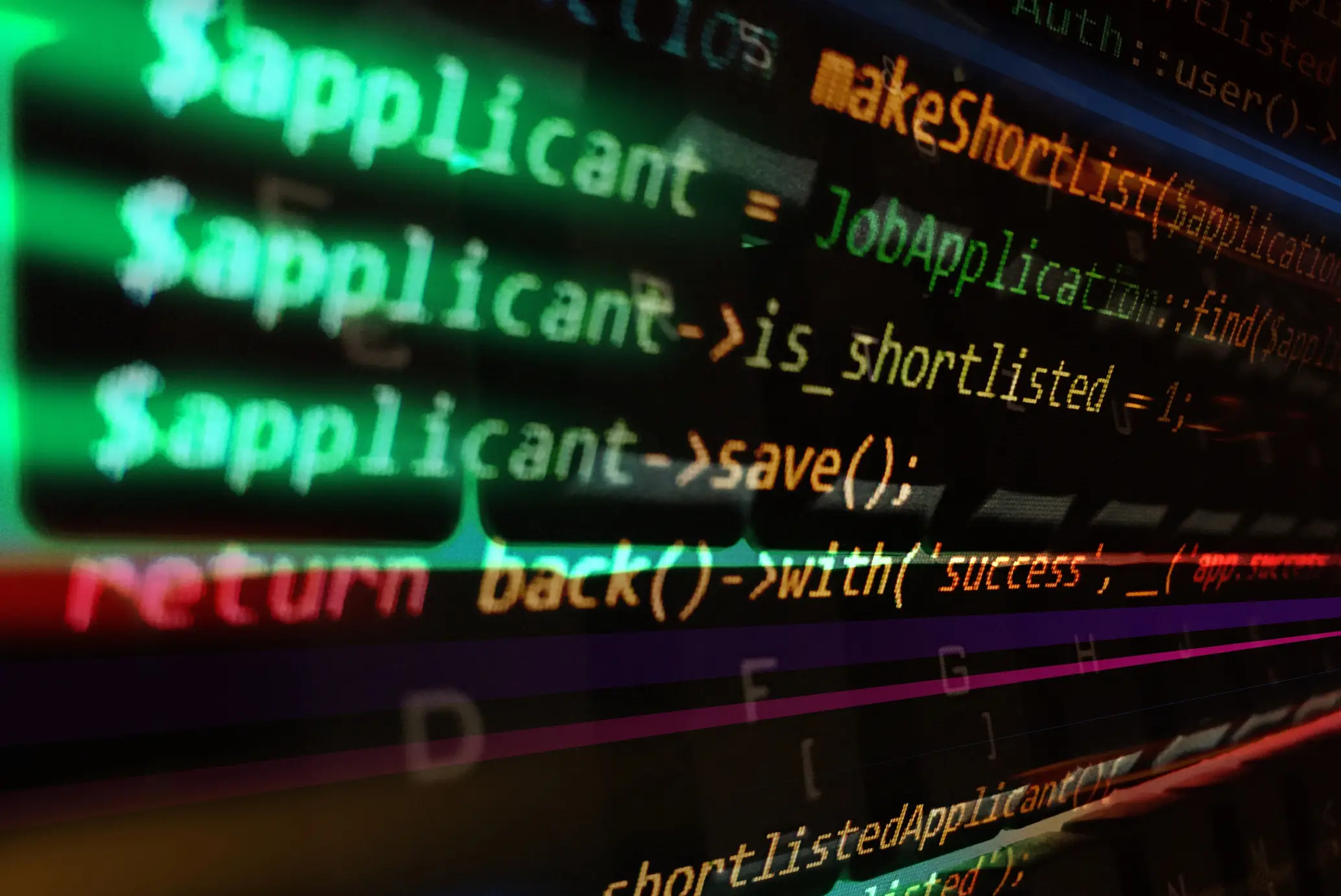Why and when to use Laravel? (vs "plain PHP", vs micro frameworks)

Laravel is often called the developer's framework - expressive, modern, and designed around productivity without sacrificing depth. But its real strength becomes clear only when you compare it against other popular PHP stacks. Let's break that down.
1. Laravel vs Plain PHP
Plain PHP is raw and flexible. You write every line, decide every convention, and own the full control flow. For small scripts or one-off utilities, that's perfect.
But as projects scale, this “freedom” quickly becomes anarchy: duplicated logic, untested glue code, no consistent structure, and fragile deployments. Laravel fixes all that - providing routing, ORM, templating, validation, and error handling out of the box. It lets you focus on business logic, not boilerplate.
Verdict:
- Plain PHP → ultimate freedom, zero scaffolding.
- Laravel → structure, conventions, and long-term maintainability.
2. Laravel vs Micro Frameworks (Slim, Lumen, Flight, etc.)
Micro frameworks are great when you just need a minimal HTTP layer - like building APIs, internal tools, or prototypes. They're fast to boot and have low overhead.
But minimalism hits a ceiling. The moment you need background jobs, caching, or authentication, you end up bolting on libraries - or switching frameworks entirely.
Laravel gives you the speed of a micro framework with the muscle of a full-stack ecosystem: queues, events, broadcasting, authentication, and real-time tooling ready to go. It's the difference between building a system that scales by design versus one that scales by duct tape.
Verdict:
- Micro frameworks → minimal, lightweight, but limited.
- Laravel → complete stack, scales from MVP to enterprise.
3. Laravel vs Phalcon
Phalcon takes a different route - it's written as a C extension for PHP, making it one of the fastest frameworks in raw execution speed. Performance-wise, Phalcon often beats Laravel on benchmarks. But that's where the advantage mostly ends.
Phalcon's developer experience, documentation, and ecosystem lag far behind Laravel's. Its community is smaller, third-party packages are limited, and upgrading between versions can be painful due to its compiled nature.
Laravel, on the other hand, prioritizes clarity and ecosystem over micro-optimization. It's not the fastest PHP framework, but it's fast enough - and easier to scale horizontally with queues, caching, and Octane/Swoole.
Verdict:
- Phalcon → technically fast, ecosystem-poor.
- Laravel → practically fast, ecosystem-rich and developer-friendly.
4. Laravel vs WordPress
WordPress isn't a framework - it's a CMS that became one by accident. It's fantastic for content-driven sites and simple e-commerce (WooCommerce), but it's a nightmare for structured application logic.
Developers often try to "bend" WordPress into an app platform - using custom post types, plugins, and hooks - only to hit architectural walls later. Laravel is the opposite: an application framework first, where you can build CMS functionality cleanly (via Nova, Filament, or custom admin panels).
If you need a blog, use WordPress. If you need a business application, API, or custom backend - use Laravel.
Verdict:
- WordPress → ready CMS, poor application architecture.
- Laravel → robust app framework, flexible enough to build a CMS.
5. Laravel vs Symfony
Symfony is Laravel's spiritual ancestor - Laravel is built on top of Symfony components. Symfony targets enterprise-grade applications and offers unmatched flexibility, stability, and raw performance.
Laravel simplifies Symfony's foundation with conventions, expressive syntax, and a curated ecosystem. In Symfony, you assemble components manually; in Laravel, you start building immediately with batteries included.
However, the trade-off is clear:
- Symfony gives you more control, stricter architecture, and often better runtime performance.
- Laravel gives you faster onboarding, developer ergonomics, and a unified ecosystem that covers everything from authentication to queues.
Symfony's long-term support (LTS) releases, configuration-driven structure, and predictable upgrade cycles make it a favorite for large enterprises and governments. Laravel, meanwhile, is optimized for fast development, startups, and scalable SaaS platforms - with shorter release cycles and faster iteration.
Verdict:
- Symfony → faster runtime, stricter architecture, enterprise-grade control.
- Laravel → faster development cycle, opinionated simplicity, excellent ecosystem.
6. The Bottom Line
Laravel hits the sweet spot:
- Faster to build with than Symfony, but not faster at runtime
- More structured than micro frameworks
- More modern and flexible than WordPress
- More productive and maintainable than plain PHP
- More sustainable and better supported than Phalcon
It's the Goldilocks framework of PHP - not too minimal, not too heavy, and constantly evolving to stay modern (Octane, Vapor, Livewire, Inertia).
In 2024, Laravel isn't just “another PHP framework.” It's the de-facto standard for professional PHP application development.